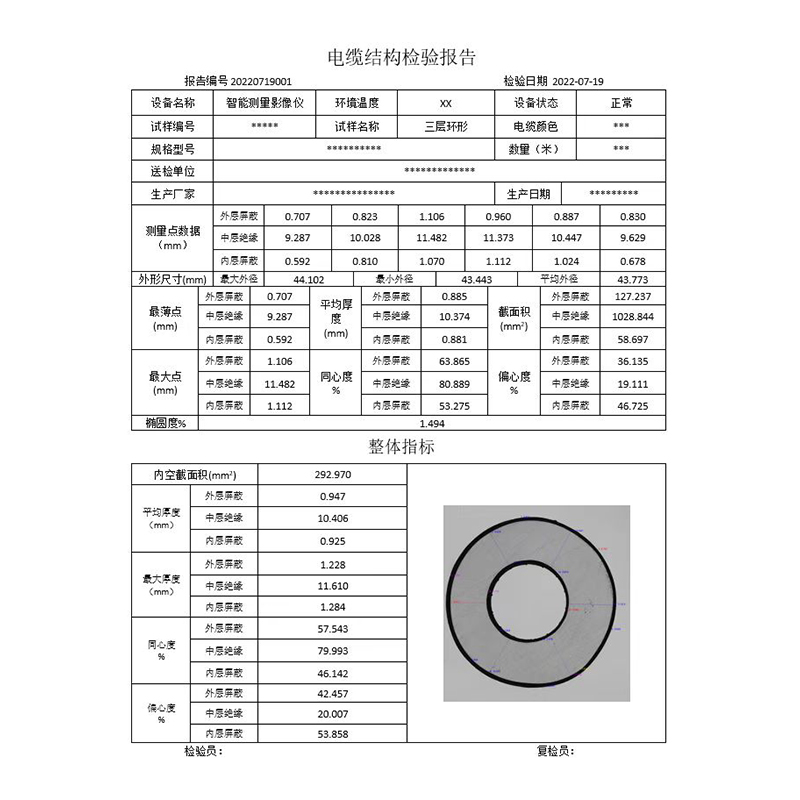Companies Specializing in Optical Measurement Devices and Technologies
The Role of Optical Measuring Instruments in Modern Industry
Optical measuring instruments are critical tools in various industries, serving a fundamental role in quality control, precision engineering, and scientific research. As technology continues to advance, the demand for accurate measurement and analysis has prompted the growth of companies specializing in these optical devices. This article explores the significance of optical measuring instruments, the innovations in the field, and the major players in the industry.
Understanding Optical Measuring Instruments
Optical measuring instruments are devices that utilize light to measure physical properties of objects. These instruments can be employed to measure dimensions, angles, surface roughness, flatness, and other characteristics that require high precision. Common types include laser scanners, spectrometers, and 3D optical profilers. These tools are widely used in sectors such as manufacturing, aerospace, automotive, and healthcare.
One of the distinguishing features of optical measuring instruments is their non-contact measurement capability. This characteristic allows them to provide measurements without physically touching the object, which is crucial in preventing damage to sensitive components or materials. For instance, in semiconductor manufacturing, where wafers are delicate and easily damaged, optical instruments provide a safe means of quality assurance.
Innovations Driving the Industry
The optical measurement industry is characterized by continuous innovation. Recent developments in sensor technology, imaging techniques, and software have enhanced the performance of optical instruments. For example, advancements in laser technology have improved measurement accuracy and speed, allowing for real-time analysis.
In addition, the integration of artificial intelligence and machine learning in measurement systems is revolutionizing how data is processed and analyzed. AI algorithms can now interpret complex data sets, offer predictive insights, and even automate processes, leading to significant efficiencies in manufacturing and product development.
Furthermore, the advent of 3D optical measurement systems has transformed traditional measurement methods. These systems employ advanced algorithms and multiple cameras to create 3D models, enabling comprehensive analysis for applications such as quality control, reverse engineering, and product design.
Key Players in the Optical Measuring Instruments Market
optical measuring instruments companies

Several companies have established themselves as leaders in the optical measuring instruments market
. Notable among them are1. Zeiss - Renowned for its optical systems and precision instruments, Zeiss offers a wide range of metrology solutions that integrate advanced technology to meet the diverse needs of industries such as automotive, aerospace, and electronics.
2. Mitutoyo - A global leader in measurement technology, Mitutoyo is known for its high-quality measuring tools, including optical comparators and vision systems. Their products are instrumental in achieving precision and accuracy in manufacturing processes.
3. Hexagon Manufacturing Intelligence - This company specializes in digital solutions for manufacturing and metrology. Hexagon’s optical measuring instruments are designed for flexibility and accuracy, catering to industries ranging from construction to automotive.
4. Keyence - Known for its innovative approach, Keyence develops cutting-edge optical measuring devices that offer high-speed processing and user-friendly interfaces. Their products are used extensively in automation and quality control applications.
5. Renishaw - A pioneer in measurement and calibration technology, Renishaw provides optical solutions that enhance productivity and quality assurance in engineering and manufacturing environments.
The Future of Optical Measurement
The future of optical measuring instruments appears promising as industries increasingly recognize the importance of precision measurement in maintaining competitiveness. As industries advance towards automation and digitization, the role of optical measurement will expand significantly. Innovations in optics, sensors, and data analysis will continue to drive improvements in measurement techniques.
Further, with the growing emphasis on sustainability and efficiency, optical measuring instruments will be paramount in reducing waste and optimizing processes across various sectors. As industries strive for better quality and reduced environmental impact, investment in optical measurement technology will likely accelerate.
In conclusion, optical measuring instruments are essential tools that play a vital role in modern industry. As companies innovate and develop new techniques, the importance of precise measurement will remain a critical component of quality control and product development. The optical measurement industry is poised for continued growth, impacting various sectors and enhancing overall operational efficiency.
-
Why the Conductor Resistance Constant Temperature Measurement Machine Redefines Precision
NewsJun.20,2025
-
Reliable Testing Starts Here: Why the High Insulation Resistance Measuring Instrument Is a Must-Have
NewsJun.20,2025
-
Flexible Cable Flexing Test Equipment: The Precision Standard for Cable Durability and Performance Testing
NewsJun.20,2025
-
Digital Measurement Projector: Precision Visualization for Modern Manufacturing
NewsJun.20,2025
-
Computer Control Electronic Tensile Tester: Precision and Power for the Modern Metal Industry
NewsJun.20,2025
-
Cable Spark Tester: Your Ultimate Insulation Assurance for Wire and Cable Testing
NewsJun.20,2025
 Copyright © 2025 Hebei Fangyuan Instrument & Equipment Co.,Ltd. All Rights Reserved. Sitemap | Privacy Policy
Copyright © 2025 Hebei Fangyuan Instrument & Equipment Co.,Ltd. All Rights Reserved. Sitemap | Privacy Policy
